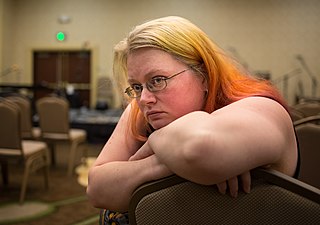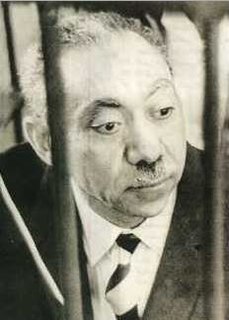A Quote by Siri Hustvedt
Our memory fragments don't have any coherence until they're imagined in words. Time is a property of language, of syntax, and tense.
Related Quotes
Obviously people's feelings are going to get hurt when you use certain words, but you can't outlaw words. They're really the history of our culture. They tell you what's going on. When you make words politically incorrect you're taking all the poetry out of the language. I'm pro anybody living their lives the way they want to live, sexually and otherwise; and I'm anti any kind of language repression.
What is life? Thoughts and feelings arise, with or without our will, and we employ words to express them. We are born, and our birth is unremembered and our infancy remembered but in fragments. We live on, and in living we lose the apprehension of life. How vain is it to think that words can penetrate the mystery of our being. Rightly used they may make evident our ignorance of ourselves, and this is much.
God would love to piece together the shattered fragments of your life. But He is waiting ... graciously waiting until the time is right. Until you are tired of the life you are living ... until you see it for what it really is. Until you are weary of coping ... of taking charge of your own life ... until you realize the mess you are making of it. Until you recognize your need for Him ... He's waiting.
Long looking at paintings is equivalent to being dropped into a foreign city, where gradually, out of desire and despair, a few key words, then a little syntax make a clearing in the silence. Art... is a foreign city, and we deceive ourselves when we think it familiar... We have to recognize that the language of art, all art, is not our mother-tongue.






































